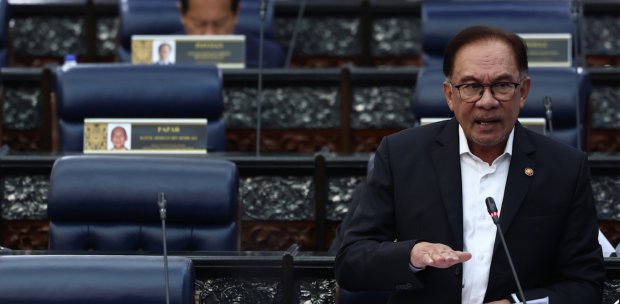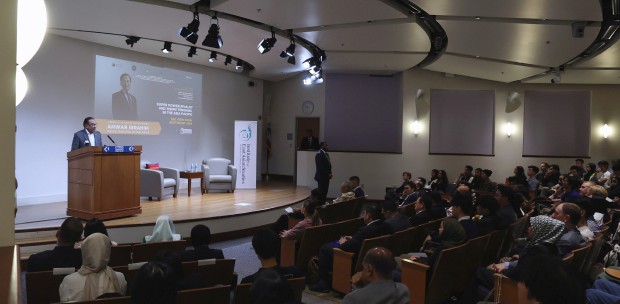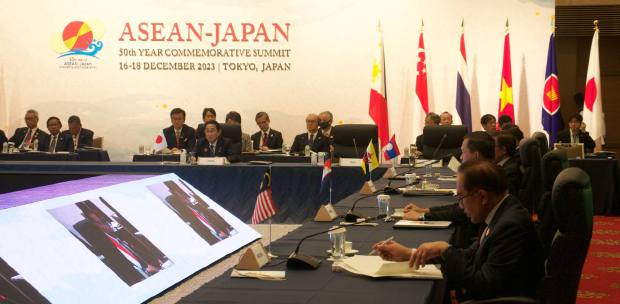THERE is no shortage of wedge issues that can trip up a multiracial country such as ours.
Among the most tricky ones relate to religion.
The Palestine-Israel conflict has roiled many nations. Malaysia is no exception.
This is, however, more of a political issue, although the interplay of the different religions of the antagonists make it more combustible.
Unfortunately, our own religious differences have made our official policy towards the conflict more contentious than they need.
I maintain that the humanitarian disaster enveloping Gaza should arouse empathy from all Malaysians.
This development should allow Malaysians to disregard their biases and focus on helping civilians caught up in the conflagration.
There is a less obvious but related cleavage that has been brewing, and it's no less a threat to unity.
It so happened that the Middle-East conflict blew up while Prime Minister Datuk Sri Anwar Ibrahim made an unrelated remark about the national language.
This issue did not go down well in Sarawak and Sabah.
Both states felt it necessary to reiterate that English remains an official language alongside Bahasa Malaysia and that official correspondence in either language is acceptable.
Some church leaders in the two states also saw the need to issue statements questioning the involvement of schoolchildren in government-initiated activities to show solidarity with Palestine.
The upshot of these two issues was the airing anew by the usual hotheads that Sarawak should take its leave from the federation.
The prevalence of these sentiments is hard to gauge although anecdotal evidence suggests they are popular, even if political parties peddling these sentiments have shown dismal electoral results.
In the Jepak state byelection in Sarawak on Nov 4, for example, the two opposition parties contesting and that favoured the state going it alone garnered votes only in the hundreds.
Nevertheless, Sarawakians need to be disabused of the notion that they would be better off on their own.
Economically, the case may indeed be made, but the clincher is always how the state's curious admixture of ethnicities, where no grouping constitutes a majority, will forge lasting political stability on their own.
Demographics dictated the formation of Malaysia and caused Singapore to leave.
Ironically, there is inherent stability in what followed: a less expansive Malaysia, Singapore and Brunei (which briefly toyed with the idea of joining Malaysia), each with an ethnic majority anchoring its political system.
Some Sarawakians may carp and chafe under the federal set-up, but if going it alone is impractical and unproven (given that sovereign states composed only of minorities are few and tragically uninspiring), what other options exist?
Forging a union with either Singapore or Brunei?
It is doubtful that either country would entertain having its demographic majority muddied by the incorporation of a multihued Sarawak. Might this be a case of the state jumping out of the frying pan into the fire?
The writer views developments in the nation, regional and wider world from his vantage point in Kuching
The views expressed in this article are the author's own and do not necessarily reflect those of the New Straits Times






